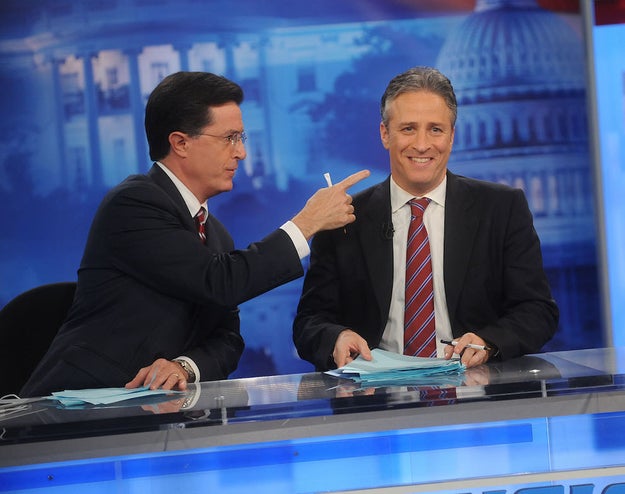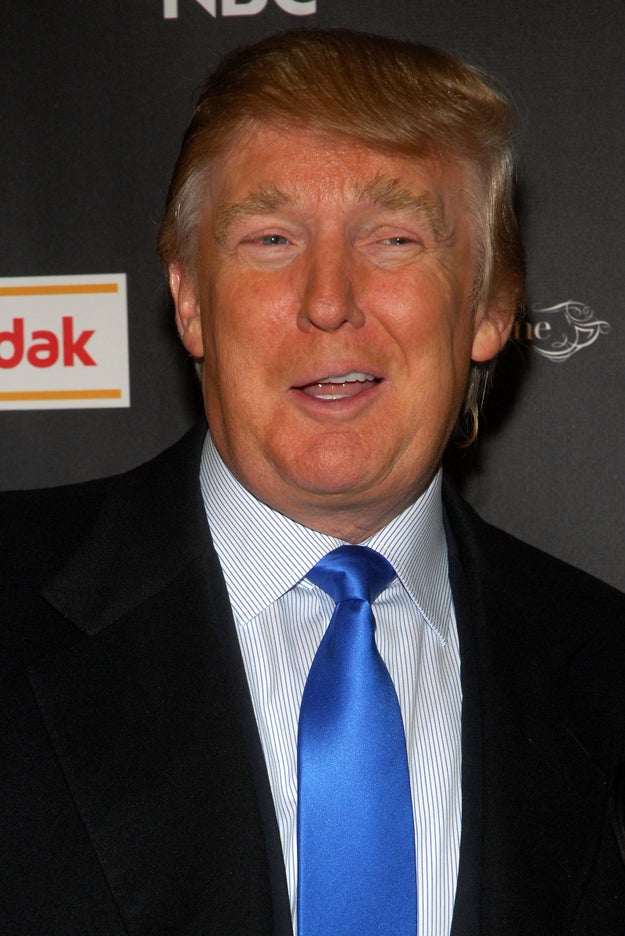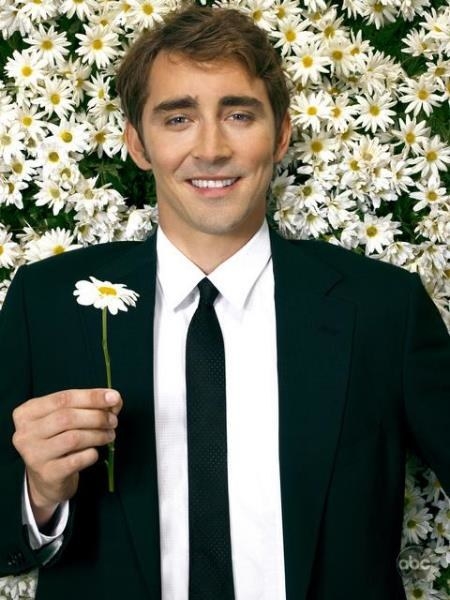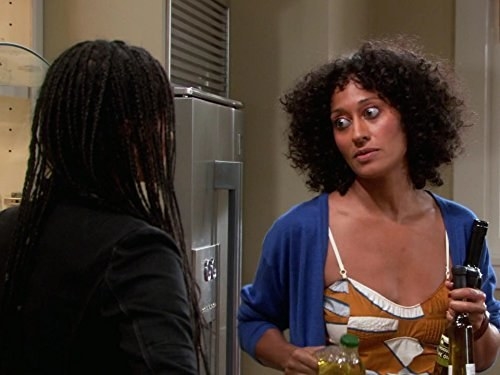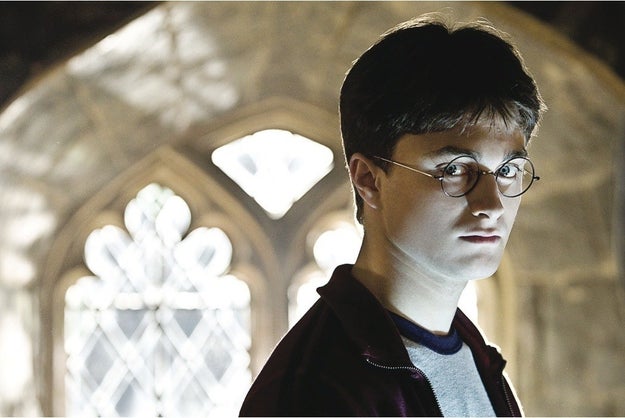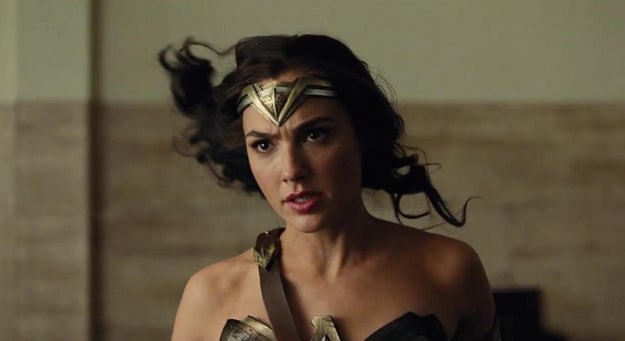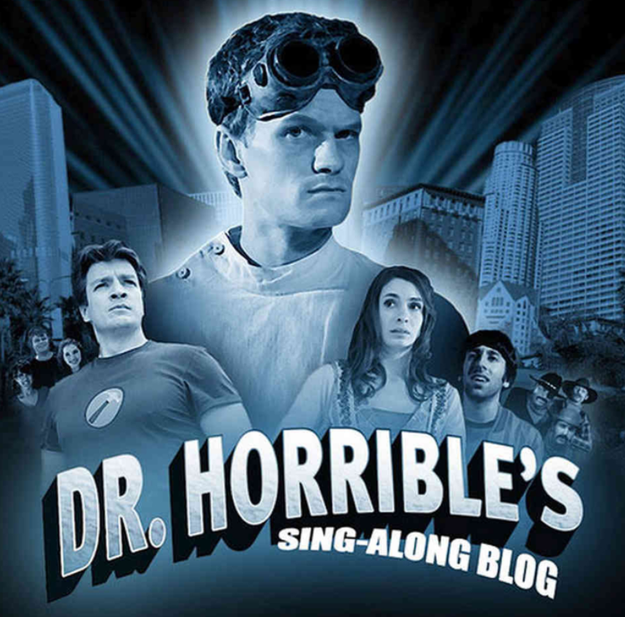
A huge majority of Writers Guild of America members voted to authorize a strike, and while it’s unclear whether they’ll really walk out, it wouldn’t be the first time.
The last work stoppage started Nov. 5, 2007, and ended Feb. 12, 2008. Back then, one of the major things the writers wanted was a larger share of profits for work that was distributed online. Taking a stance that is almost comical in retrospect, the Alliance of Motion Picture and Television Producers wanted to stream content without paying the writers more money — because streaming was just to promote the work, they said. By the time the strike was over, the guild had won a piece of digital profits.
But until they did, the consequences of their walkout rippled across the country as more than 60 shows halted production, putting thousands of people — not just writers — out of work. Late-night television was wiped out immediately, since the time between writing the script to airing the episode is incredibly short. For scripted drama and comedy series, which have a longer production schedule, new episodes didn’t stop airing until weeks after the strike began. Other guilds, particularly the Screen Actors Guild, encouraged their members to conduct themselves in solidarity with the writers by doing things like boycotting awards shows.
Here are some of the noticeable effects of the last WGA strike:
1. The Colbert Report and The Daily Show With Jon Stewart came back on air with no writers.
They released a statement in late December 2007: “We would like to return to work with our writers. If we cannot, we would like to express our ambivalence, but without our writers we are unable to express something as nuanced as ambivalence.” Stewart temporarily changed the name of the show to A Daily Show in solidarity. USA Today said that without writers, both men had material that was “adequate.”
2. When late-night talk shows began airing with no writers in January, hosts had to wing it. Conan O’Brien started spinning his wedding ring for long stretches of time.
O’Brien gravitated toward anti-writing bits, including a running gag where he tried to beat his personal record for how long he could keep his wedding ring spinning. According to TV critic Alan Sepinwall, O’Brien eventually got to 51 seconds with advice from an MIT physicist.
3. Saturday Night Live was gone for months.
A new episode aired two days before the strike officially began — Nov. 3, 2008. There wasn’t another new episode until Feb. 23, 2009, and the season was shortened to 12 episodes.
4. Lots of terrible reality shows emerged.
Because networks were running out of scripted series — and thus, the advertising dollars they get from companies that buy commercial time — reality TV served as a stopgap. Unscripted series are generally much cheaper to produce, and although the shows do have writers, they’re not members of the WGA. There was an air of desperation to some of the series orders: Just after the strike began, the head of Fox’s reality division told USA Today, “There’s a lot out there that everybody passed on [before] that are now being picked up.” Some examples of really bad programming included My Dad Is Better Than Your Dad (feats of strength and intellect, but the twist is, they’re dads!) and Clash of the Choirs (like American Idol, but the twist is, it’s music in a style pretty much everyone hates!).
5. Donald Trump’s reality show, The Celebrity Apprentice, took off.
While he’s currently the president of the United States, back in 2007–2008, Donald Trump was trying to get a reality show off the ground. In May 2007, NBC had not ordered a new season of his original show, The Apprentice (it had low, steadily declining ratings). After the network got a new entertainment chief the same month, that executive — Ben Silverman — decided to resuscitate a celebrity version of the series. CanWest News Service wrote that Silverman told reporters he’d changed his mind about a Trump-fronted show after seeing the success of a UK version of The Apprentice that starred celebrity contestants. Silverman thought — correctly — that this new series would outperform its failed predecessor. After the pickup was announced in July, Trump appeared to run a confidence game, claiming in the New York Post that he was negotiating to get Britney Spears on the show, and that he already had Kimora Lee Simmons, Carmen Electra, and George Foreman on board. (None of these people were ever contestants on Celebrity Apprentice.)
As NBC ran out of completed episodes, the network relied on reality shows to pad programming. However, it was clear Celebrity Apprentice couldn’t compete — at least initially — with scripted series: The premiere was bounced around, apparently so that it wouldn’t have to go up against the last episode of Grey’s Anatomy with a script finished before the strike. Celebrity Apprentice started airing just as the narrative well ran dry, and the lack of alternatives available on TV drove eyeballs to the show, which featured former Olympic softball player Jennie Finch.
6. Thousands of below-the-line crew members — Hollywood’s working class, as it were — were out of work for months.
Kami Turrou wrote to the Los Angeles Times in January, “As a non-writer who has worked below the line with a husband who is a below-the-line crewmember, in my not so eloquent way, I implore the writers and producers to please start negotiating and make a deal so we will be able to house and feed our children.” Dale Alexander, a key grip on The Office, wrote that on that show, there were 14 writers — and then Alexander listed 102 other crew members who were out of work because of the strike. “The lowest paid writer in television makes roughly twice the salary than the below the line crewmember makes,” Alexander noted.
7. The Golden Globes were canceled.
Well, mostly. The Guild barred writers from working on the show and promised to picket (and actors would be loathe to cross that picket line). According to the Los Angeles Times’ Tom O’Neil, NBC had already sold about $10 million in ads and decided to do a clip show followed by a news conference followed by a party show hosted by Billy Bush. But then that fell through too because all the Globes parties were canceled. The network ended up just having a news conference where they read off the winners. It was boring. NBC head Silverman told Ryan Seacrest in a snit, “It feels like the nerdiest, ugliest, meanest kids in the high school are trying to cancel the prom. But NBC wants to try to keep that prom alive.”
8. The Oscars almost didn’t happen.
If it had lasted long enough, the strike would have certainly ruined the Academy Awards much like it ruined the Golden Globes, though an Oscars producer vowed to the Associated Press, “There will absolutely be a [televised] show one way or another. There are awards to give out.” Despite his solemn promise, nominees were publicly saying they wouldn’t cross a picket line to attend the ceremony. Things got so dire that Vanity Fair preemptively canceled its Oscars party. Heartbreaking.
9. The Writers Guild stopped lobbying Congress to have greater transparency for sponsored content — hidden ads in TV shows.
The Writers Guild of America West had proposed that scrolling text identifying ads should be required for all sponsored content in television shows. As Emily Nussbaum pointed out in New York magazine, this mission was derailed by the more immediate concerns of the strike.
10. Some promising new shows were interrupted early in their run, and then withered and died.
Shows such as Eli Stone, Pushing Daisies, and Dirty Sexy Money lost their momentum during the writers strike, then never found their audience again in their second seasons. RIP.
11. Girlfriends was canceled and didn’t get a proper finale.
The CW series starring Tracee Ellis Ross had 13 scripts completed before the strike began. The show was canceled mid-strike, giving Girlfriends no chance to wrap things up.
12. Harry Potter and the Half-Blood Prince was delayed.
The film was supposed to come out in November 2008, but it was pushed back to July 2009. Warner Bros. then-president Alan Horn said that summer that the studio was “still feeling the repercussions of the writers’ strike, which impacted the readiness of scripts for other films — changing the competitive landscape for 2009.”
13. A Justice League of America franchise was shelved.
The movie was headed toward production when the strike began; with no writers to work out problems with the script, it was put on hold indefinitely. A Justice League movie is finally happening in November 2017, a whopping 10 years later.
14. Joss Whedon made Dr. Horrible’s Sing-Along Blog.
Whedon wasn’t the only professional to experiment more intently in online formats — Marshall Herskovitz and Edward Zwick, the creators of thirtysomething, got their web series, quarterlife, picked up as an NBC series during the strike. The show was not a success on broadcast, but it did give us some insight into the creators’ love of lowercase titles.
15. Los Angeles lost a lot of money.
Estimates varied, but Jack Kyser of the Los Angeles County Economic Development Corp. initially said the damage to the local economy was over $3 billion — later lowering it to $2.5 billion. The Milken Institute said it cost California $2.1 billion and 37,700 jobs.
16. The UK imported shittier shows.
The Independent reported in September 2008 that British TV stations would air American programming that “would never have made it to the UK had last year’s writer’s strike not caused a major shortage of new shows.”


